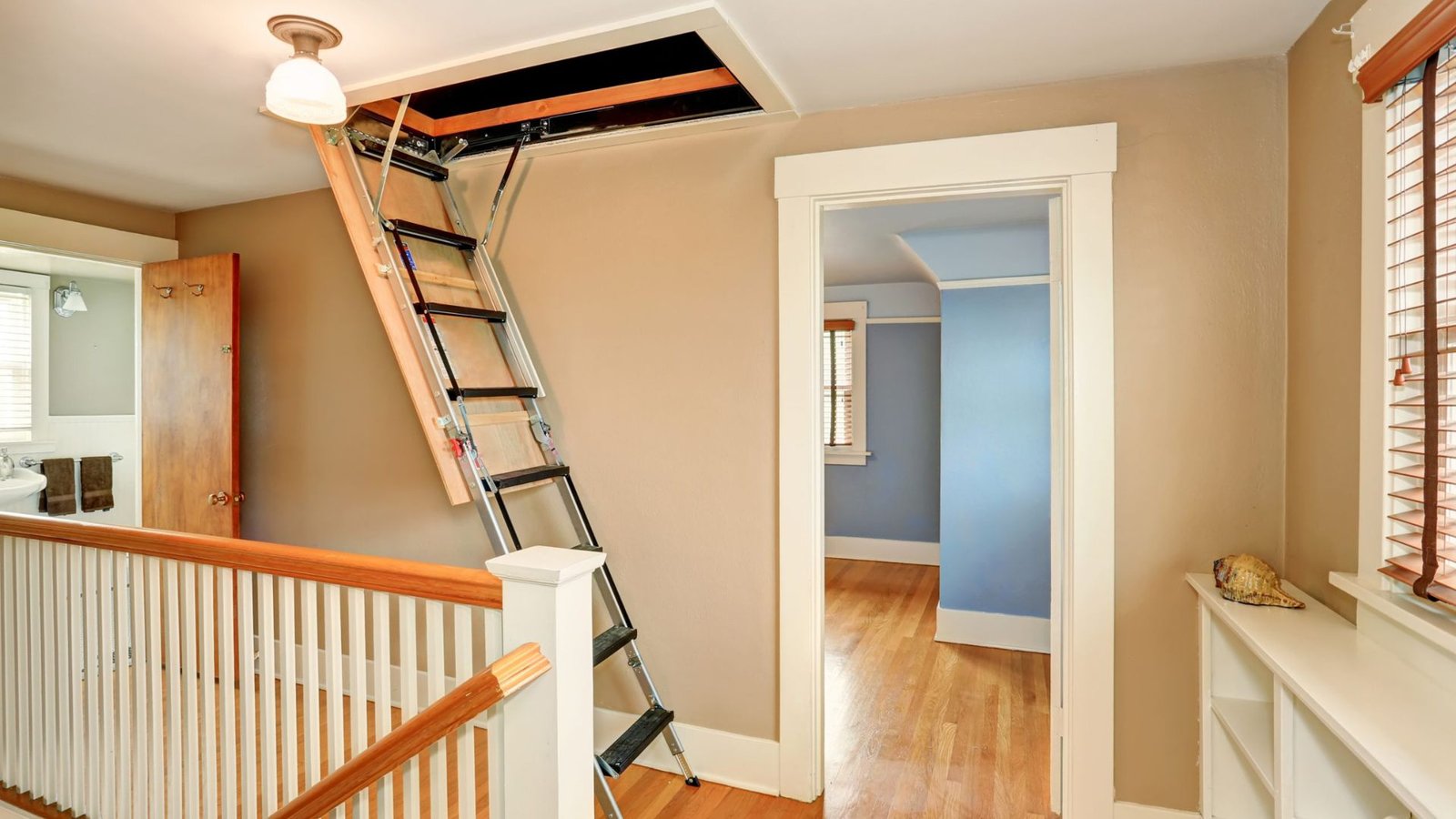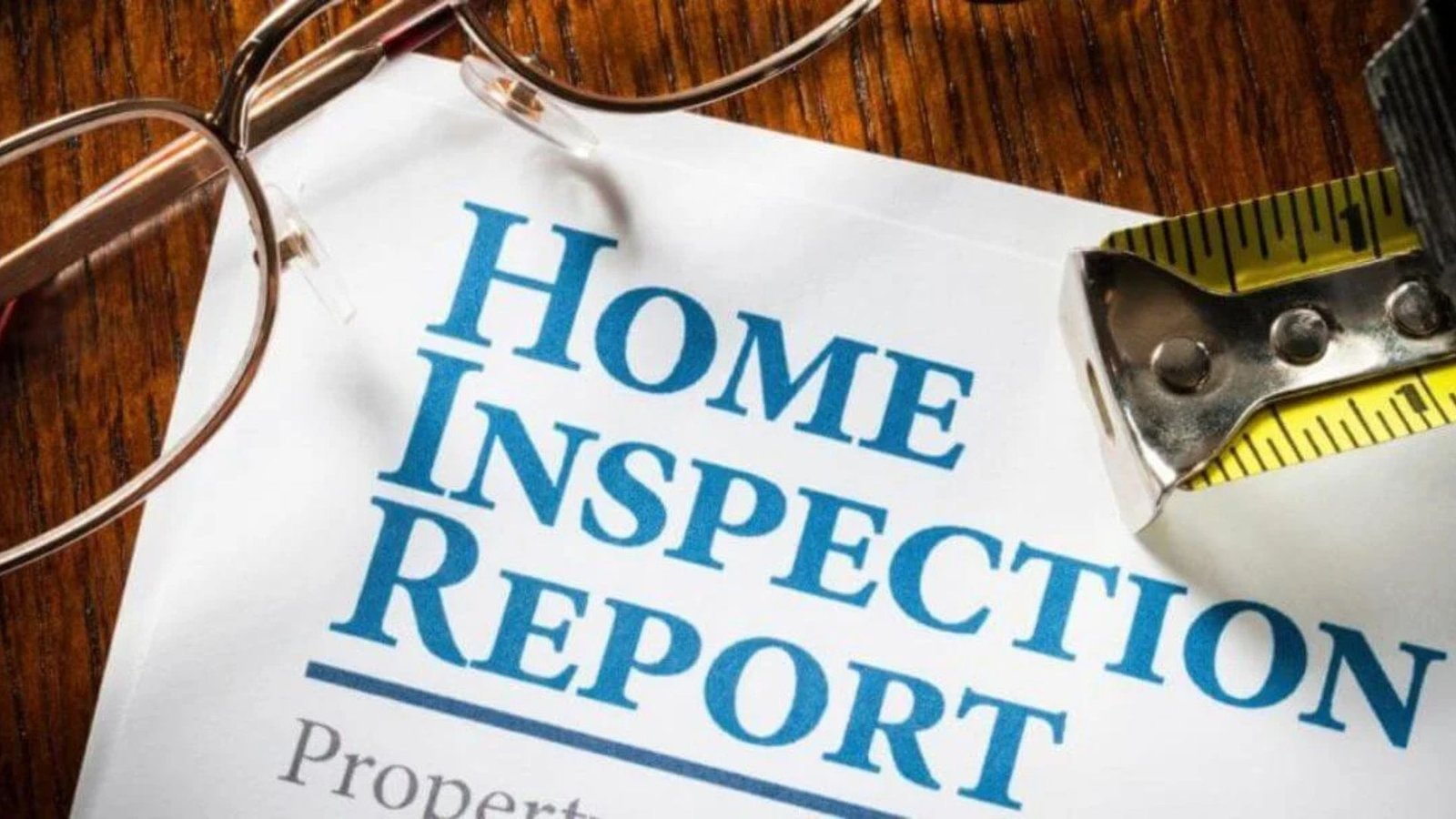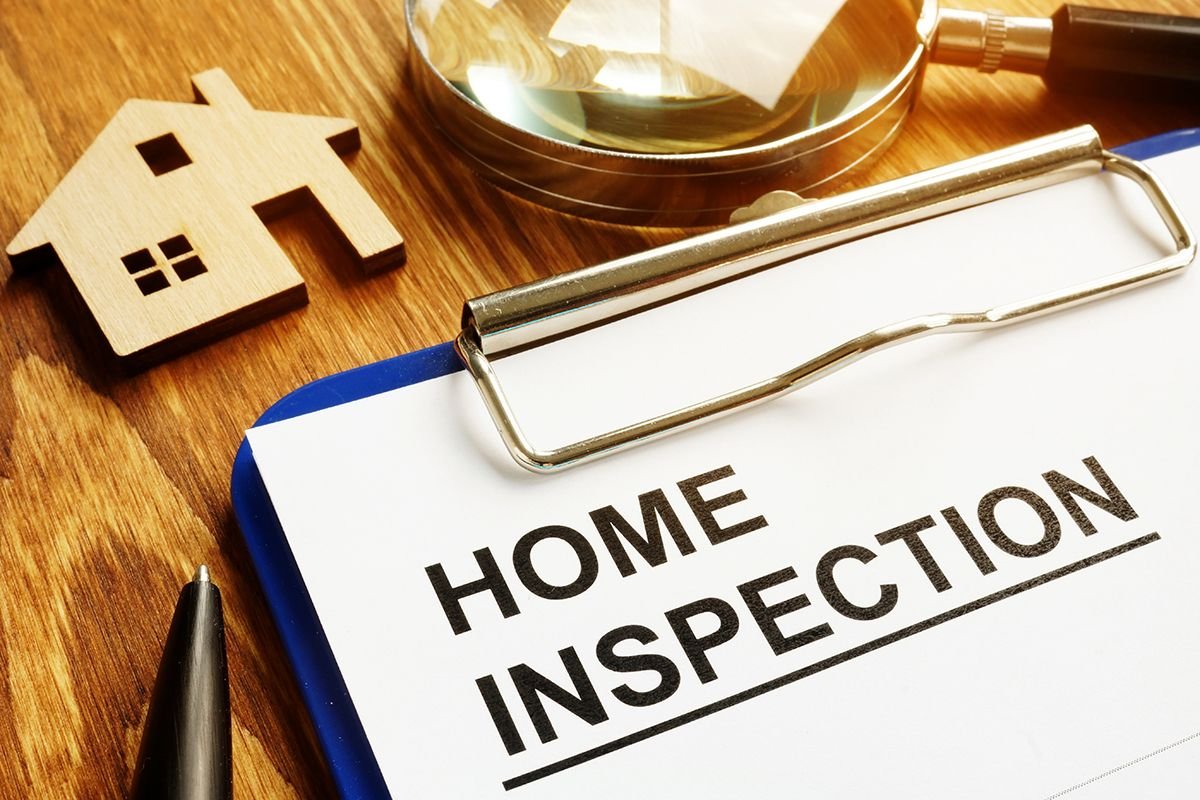A home inspection is a crucial part of selling your home. It provides potential buyers with an in-depth look at the property and helps them decide if they want to proceed with the sale. As a seller, preparing for the inspection can make a big difference. By ensuring everything is in good shape and easy for the inspector to access, you can avoid surprises and speed up the selling process. In this article, we’ll share practical steps on how to prepare for a home inspection.

Why Preparing for a Home Inspection is Important
A home inspection can reveal issues that might affect the sale, such as repairs that need to be made or concerns about the condition of major systems. By preparing beforehand, you can address some of these issues and make the inspection process easier for both you and the buyer.
Being proactive shows that you’ve cared for your property, which can build trust with the buyer. It can also make the negotiation process smoother if fewer issues are found. So, here’s how to get ready for the inspection.
1. Clear Access to Important Areas
Home inspectors need access to key areas in the house to perform a thorough inspection. If these spaces are blocked or hard to reach, it may delay the process or cause issues to go unnoticed. Make sure the following areas are clear:
- Attic: Remove any items blocking the access hatch. Ensure the inspector can easily climb up and check for any signs of water damage, pests, or insulation issues.
- Basement/Crawl Space: Make sure there is a clear path to the basement or crawl space. The inspector needs to check the foundation, plumbing, and electrical systems here.
- Garage: Clear out any boxes or stored items that could prevent the inspector from accessing the walls, ceiling, or electrical panel.
- Electrical Panels: Ensure that the electrical panel is accessible and not blocked by furniture or storage items.
Tip: Label circuit breakers so the inspector can easily identify which breaker controls which areas of the house.
2. Fix Minor Repairs Beforehand
Taking care of small repairs before the inspection can help avoid red flags. While most minor issues won’t stop a sale, they could be used to negotiate a lower price or ask for repairs. Some common fixes include:
- Leaky Faucets: Fix any dripping faucets or running toilets. These are common issues that buyers may find annoying.
- Light Bulbs: Replace any burned-out light bulbs or malfunctioning outlets. The inspector will likely check if all lights work.
- Door Handles and Locks: Ensure that all doors and windows open, close, and lock properly. This shows that the home is well-maintained.
- Replace Missing Grout or Caulking: In areas like the bathroom or kitchen, ensure grout or caulking is intact and free from mould or damage.
These minor fixes can prevent the inspector from writing them up in the report, which might save you time and trouble later.
3. Service Major Systems
If your home has older or important systems like HVAC, plumbing, or electrical, it’s a good idea to have them serviced before the inspection. Regular maintenance can improve the chances of these systems passing the inspection without issues.
For example:
- HVAC: Schedule an HVAC tune-up so the system is running efficiently. Clean or replace the air filters.
- Plumbing: Check for leaks or signs of water damage around pipes. Ensure your water heater is working correctly.
- Electrical: If your home is older, have an electrician inspect the electrical system for outdated wiring or issues that could cause problems.
If the inspector sees that these systems have been recently serviced or updated, it can help reassure the buyer that they are in good condition.
4. Clean and Declutter
While cleanliness doesn’t directly affect the inspection, a tidy home can make a good impression on both the inspector and potential buyers. A clean home allows the inspector to move around easily and inspect all areas without distraction. Some cleaning tips include:
- Sweep and Mop Floors: Clean floors make it easier for the inspector to check for cracks or signs of damage.
- Clear Counters and Surfaces: Remove items from countertops, cabinets, and shelves. This gives the inspector clear access to inspect these areas.
- Dust Light Fixtures: Clean light fixtures and ceiling fans. If there’s dust or cobwebs, it may be seen as a sign of neglect.
Decluttering also gives the home a more open and inviting feel for the inspector and potential buyers. This may improve the buyer’s overall impression of the property.
5. Address Odors
Unpleasant odours can be a turn-off for both the inspector and the buyer. Before the inspection, ensure the home smells fresh and clean. Some ways to improve the air quality include:
- Air Out the Home: Open windows for a few hours before the inspection to let fresh air circulate.
- Clean Carpets and Upholstery: If possible, clean your carpets and upholstery to remove any lingering smells.
- Use Deodorizers Sparingly: While you may want to use air fresheners or candles, avoid using too many strong-smelling products that could overwhelm the space. Instead, opt for natural air fresheners or lightly scented candles.
If there’s a persistent odour, like pet smells or mould, address the source before the inspection.
6. Ensure Utilities Are On
Make sure that all utilities are on and functioning properly. The inspector will need to check the water, electricity, and gas systems to ensure everything is in good working order. Be sure to:
- Turn On the Water: Make sure water is flowing to all faucets and appliances, including dishwashers and washing machines.
- Check the Gas: Ensure the gas supply is on, and appliances like the stove and furnace are working.
- Test the Electrical Systems: The inspector will want to check lights, outlets, and circuit breakers. Make sure everything is accessible and functioning.
If any of these systems are off, the inspector might not be able to complete their report fully, which could delay the sale.
7. Be Ready for the Inspector to Ask Questions
During the inspection, the inspector may have questions about the home’s history or any repairs you’ve made. Be ready to provide information about the home’s maintenance, repairs, or any known issues. Some examples include:
- Roof Age: If your roof is relatively new, let the inspector know.
- Recent Repairs: If you’ve recently fixed plumbing or electrical issues, mention these repairs to the inspector.
- Known Issues: If there are any ongoing issues, like a foundation crack or plumbing leak, be upfront about them. This transparency can help prevent misunderstandings later.
Being cooperative and open about the property’s condition will help the process go smoothly.
8. Be Flexible About Timing
Home inspections usually take a few hours, depending on the size of the property. Plan to be out of the home during the inspection. This gives the inspector space to do their job without distractions. However, try to be flexible with scheduling, as buyers may want to schedule the inspection at a time that works for them.
Having a flexible schedule can help keep the process on track and show that you’re committed to making the sale as easy as possible.
9. Consider a Pre-Listing Inspection
If you want to be extra prepared, consider getting a pre-listing home inspection. This allows you to identify any issues before the buyer’s inspector arrives. A pre-inspection gives you time to make repairs, adjust the listing price if necessary, and avoid surprises. It can also help speed up the process once you’ve found a buyer.
Conclusion
Preparing for a home inspection doesn’t have to be stressful. By following these simple steps, you can ensure that your home is ready for inspection and increase your chances of a smooth, successful sale. Clear access to key areas, fix minor repairs, clean the house, and make sure utilities are on. Being proactive and transparent with the inspector and buyer can help make the process quicker and less stressful. Take the time to prepare, and you’ll be one step closer to closing the deal on your home.




